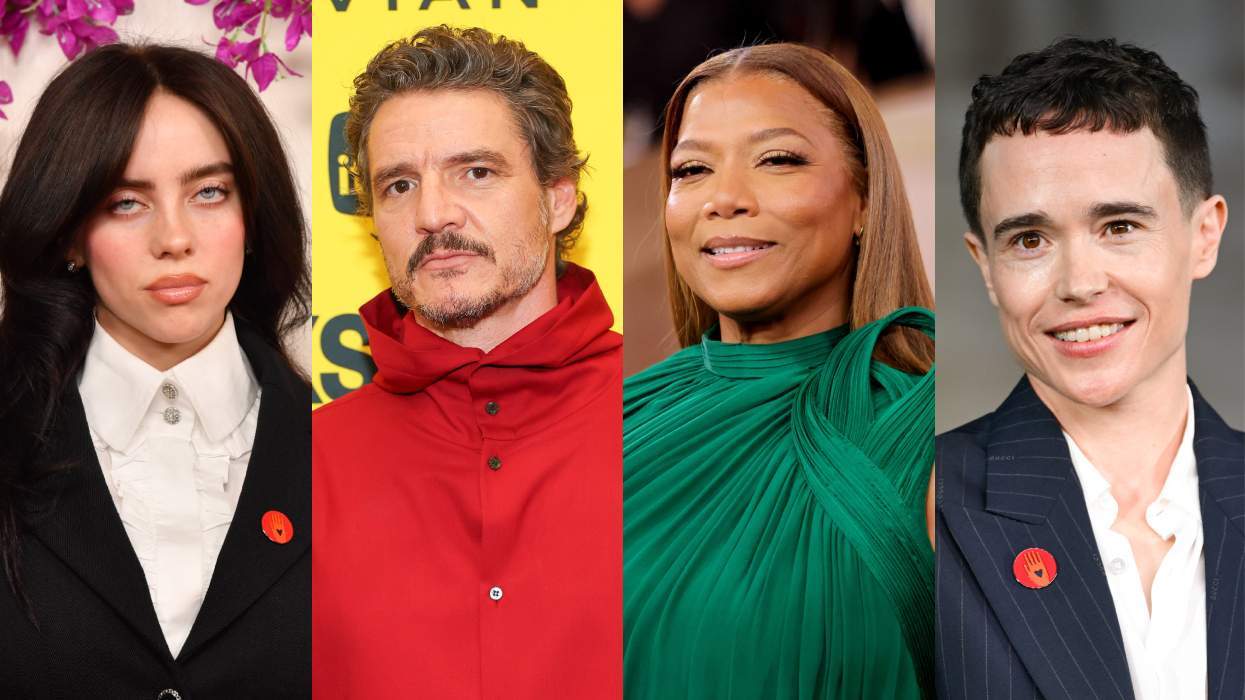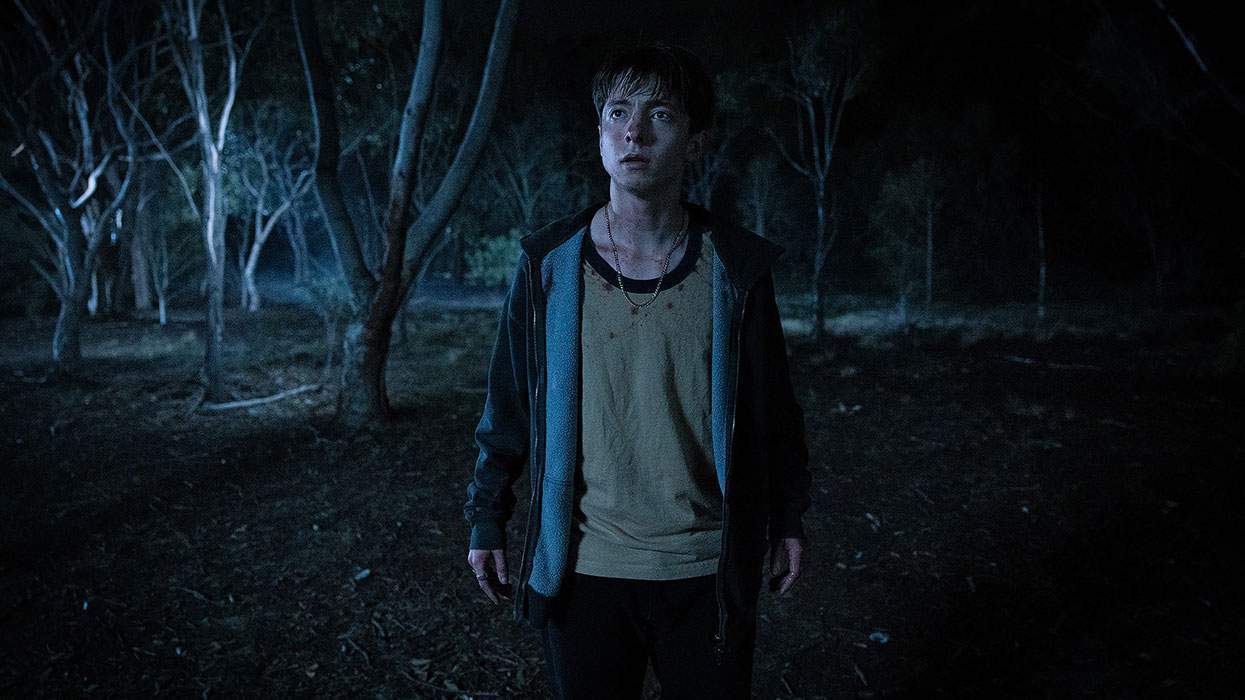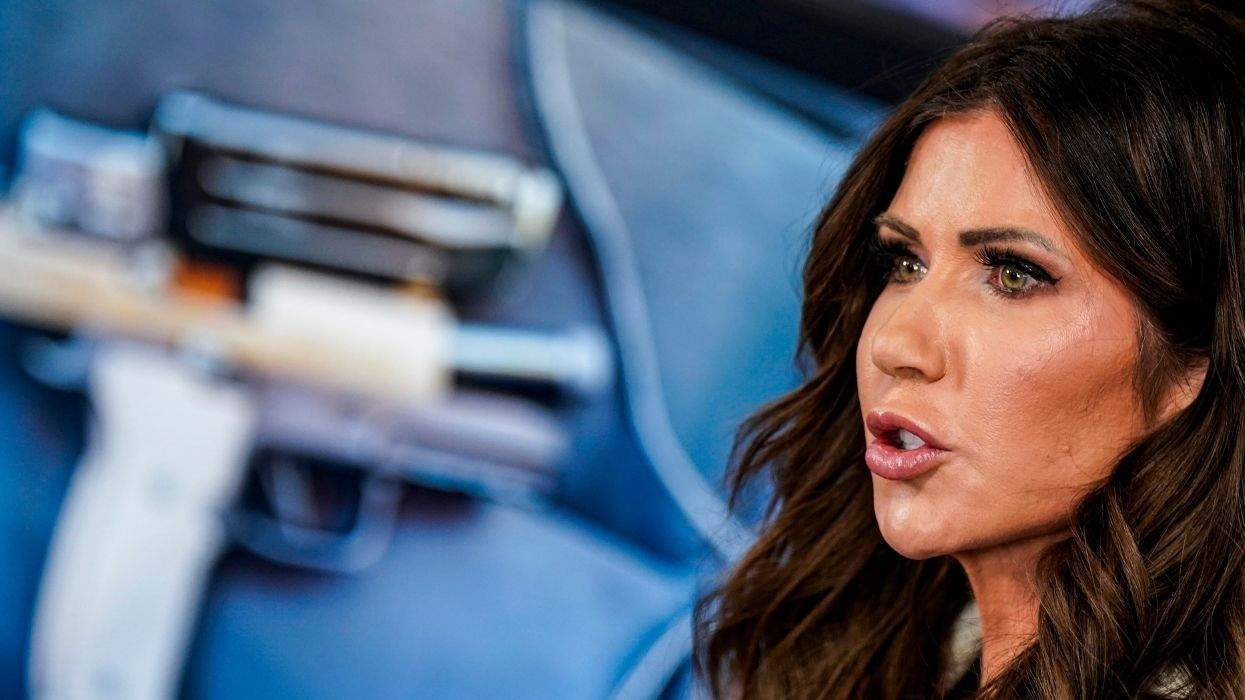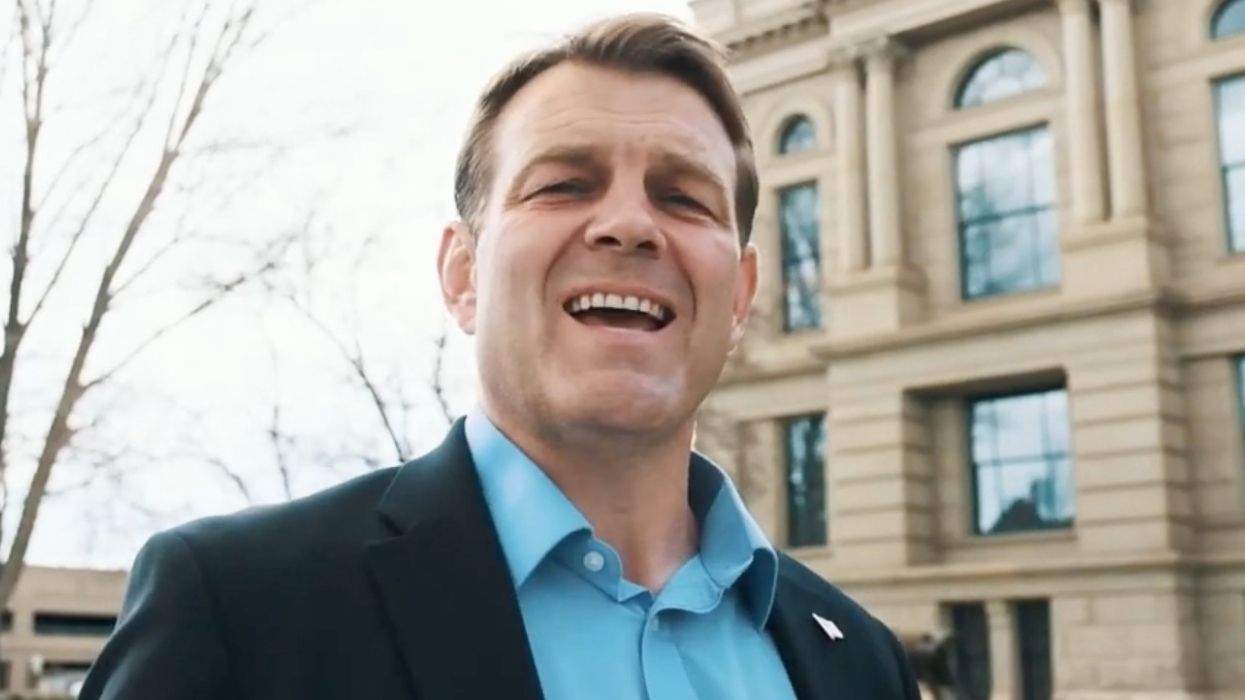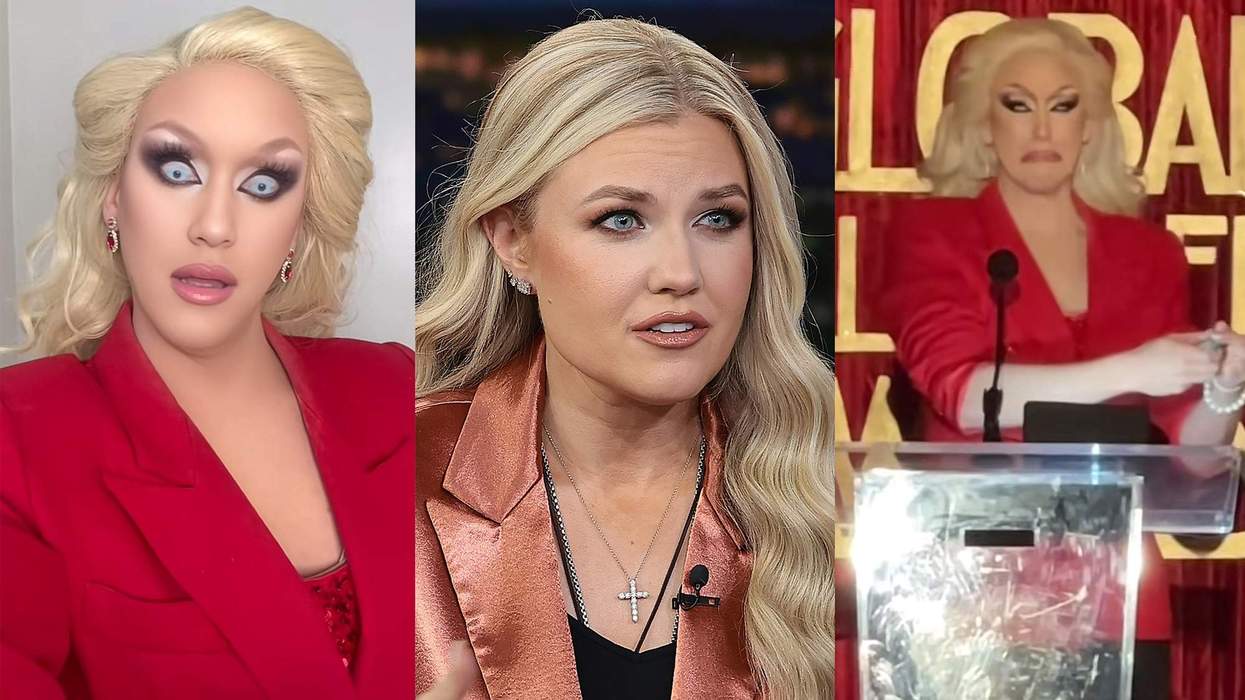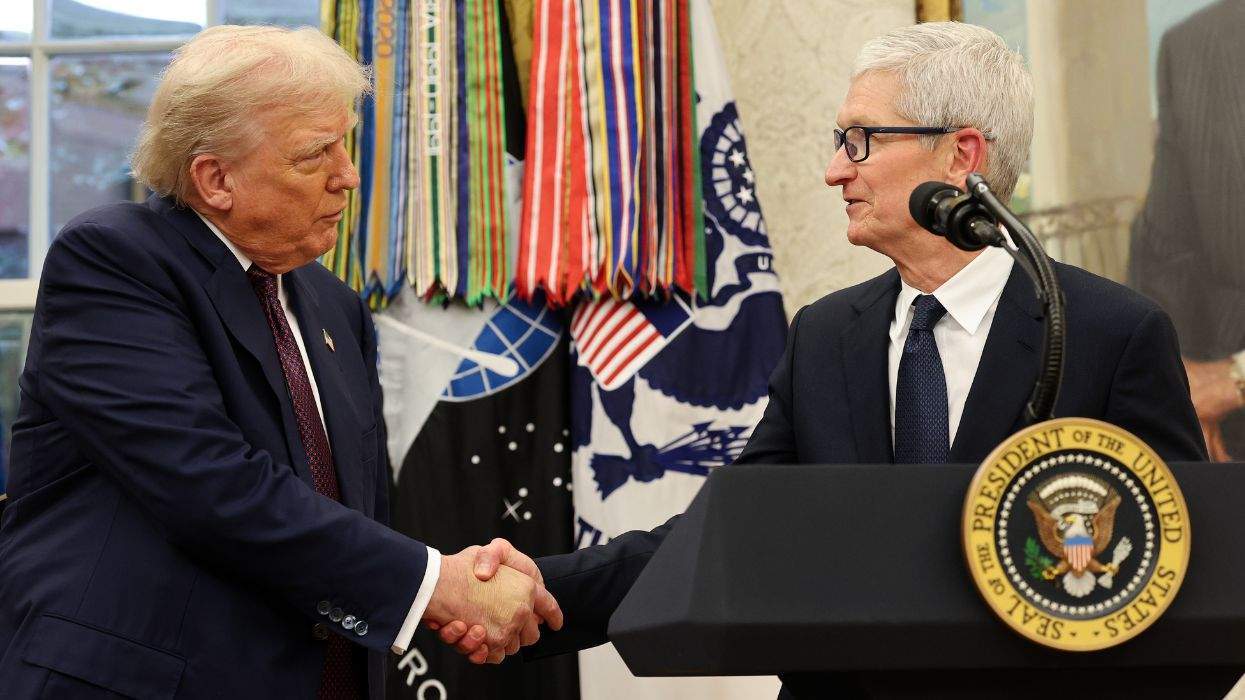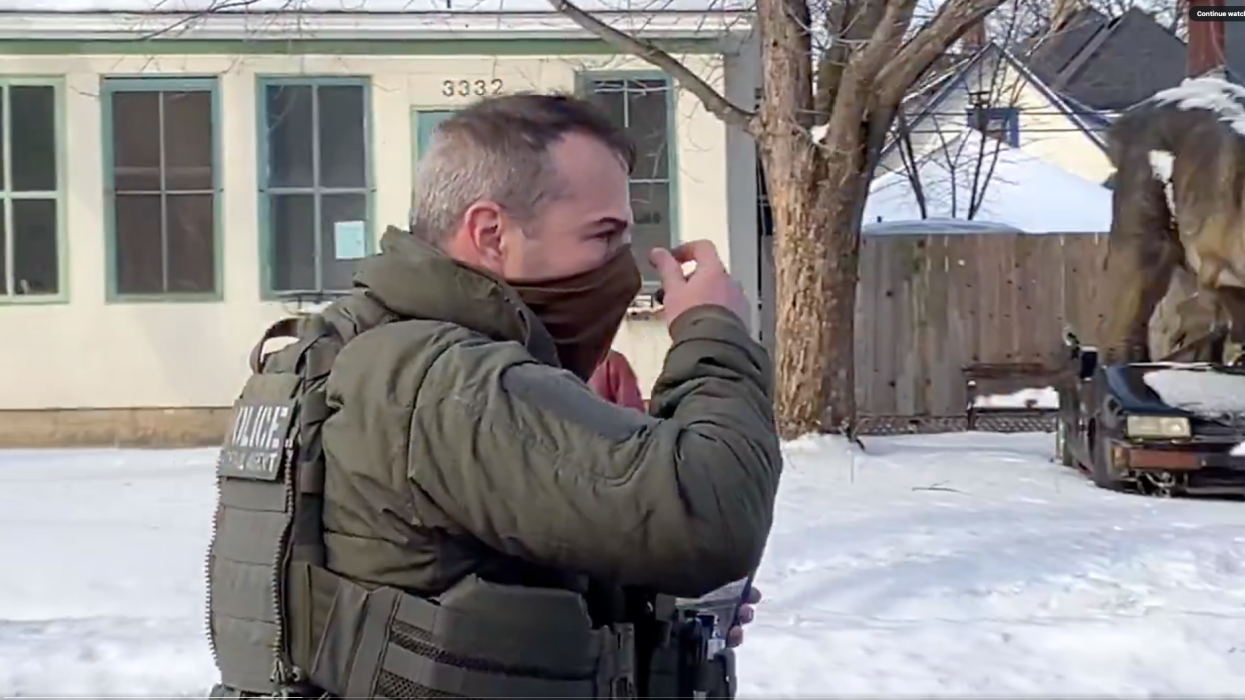Ahead of their upcoming album Look Long, out Friday, the Indigo Girls do a deep dive on Inside With the Advocate about their early queer influences, overcoming queer shame growing up, and what it would have meant to them when they were younger to have heard a song like Emily Saliers's new "Country Radio" about a gay kid growing up lonely in a rural town.
Saliers and Amy Ray have played together for 40 years and have written some of the most enduring, beloved songs in the queer/lesbian canon including "Closer to Fine," "Power of Two," "Welcome Me," and dozens more.
The new song "Country Radio" continues the Indigo Girls' tradition of chronicling life for queer people through storytelling.
"What it came from was a feeling when I used to drive to and back from Nashville from Atlanta. It's a beautiful drive. And I would listen to country music incessantly," Saliers says of the song.
"I would listen to all of these great love songs and the stories they told -- really well-written, well-sung songs. But I found myself feeling distanced from them because they are obviously songs written by men and women about men and women's relationships."
"So I felt an outsideness or what felt more like a wistfulness," she adds. "A kid in a small town not having a community loving country music and just living through songs like a lot of us."
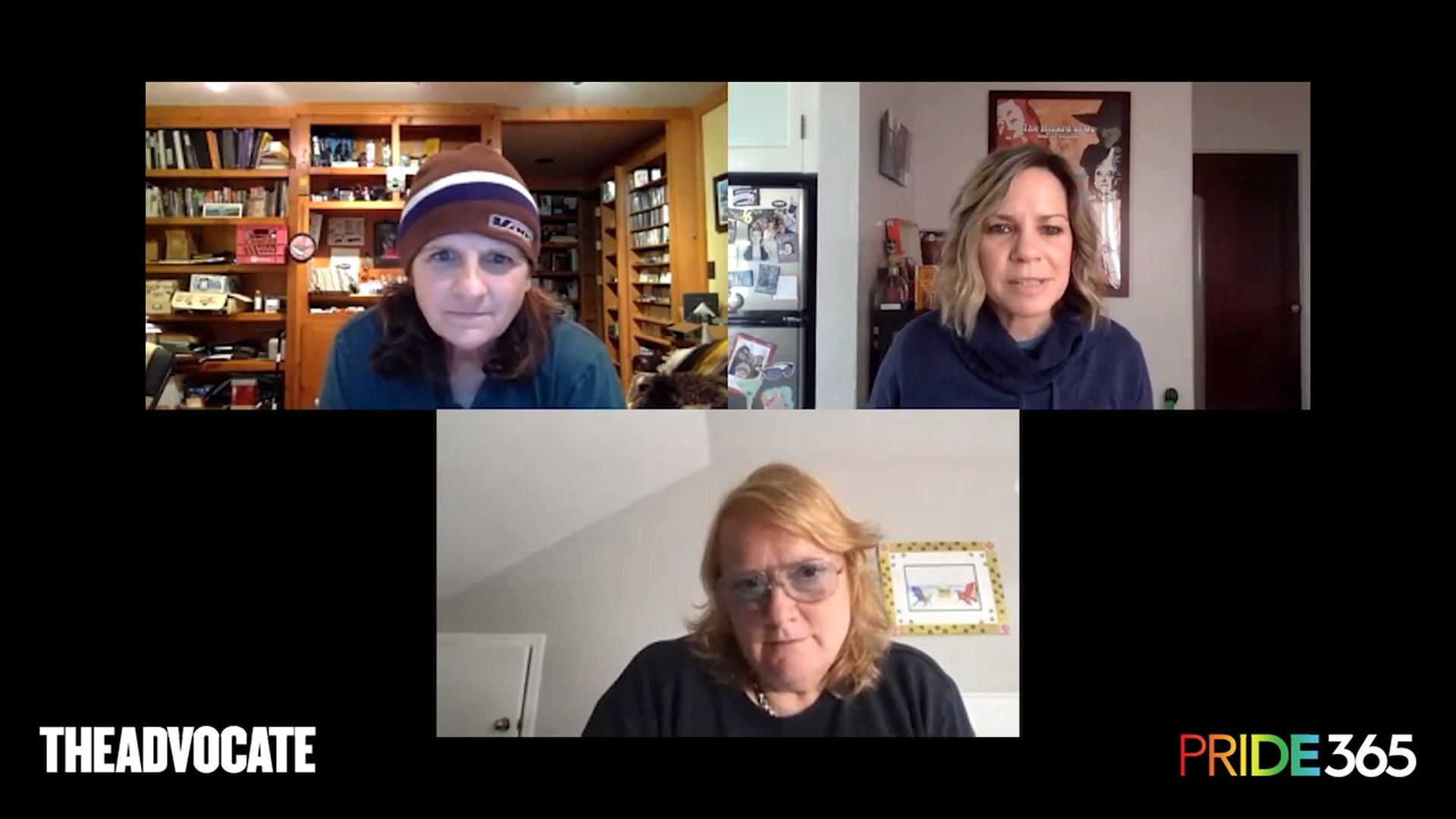
Regarding early pop culture that influenced or spoke to their queer identities, Saliers recalls Robert Towne's 1982 film Personal Best, in which Mariel Hemingway plays an Olympic-bound track star who falls for her teammate played by Patrice Donnelly.
"I remember when I snuck into the movie theater to watch Personal Best. I was terrified. I didn't want anybody to see me. As soon as it was over, I had to run out of there and I couldn't wait to see it again," Saliers says. "Even before I had my own language to speak about my identity, there was a language in that film. It's so important to be represented, to have your story shared."
Ray, who's best known for recording with Saliers but who's had several musical forays into the punk scene over the years, hearkens to an early love for androgynous rock stars like David Bowie as a harbinger of her queerness. She also speaks to the internalized homophobia and misogyny she harbored and how that influenced the duo's focus on politics around environmentalism while being more apolitical around queer rights early on in their career.
"It took us until like '91 to make us really understand what it meant to be out or anything. Then it was a steep curve for us after that. We went full-tilt," Ray says. "But before that, we were very scared."
While Ray has touched on gender identity before, she generously shares her journey of coming into that identity.
"I identify with female pronouns, but male pronouns too because I get called a guy all the time at the store and I just go with it," Ray says. "I used to mind but then I was like, 'Why do I mind this? This is how I read. I'm a masculine woman and I'm proud of it.'"
"For a long time, I struggled to not have a male body. A long time when I was a kid I spent pretending I was a boy," Ray shares.
"As I got into my 20s I was struggling a lot. I hated myself. I hated my body.
I tried to come to terms with it. For me, my best way to deal with it was to learn to love my body. And to be like, 'I'm this [weird] combination of man and woman.'" I don't want to change this right now," Ray adds.
"For me, I've always wanted to honor the female part of me as well as the male because I feel it as strongly, if I'm really honest -- when I get out of my misogyny and my self-hate I can love the woman part of me as much as the man. But I relate to the world very masculine," Ray says.
Following the success of their livestreamed performance early during shelter-in-place orders on March 19 that garnered about 80,000 viewers, Ray and Saliers have announced they'll be livestreaming concerts every Thursday in May leading up to Look Long's release.
Check out other episodes of Inside With the Advocate, which features an array of virtual stories with LGBTQ+ artists, trailblazers, and allies including Rosie O'Donnell, Emily Hampshire, Harvey Guillen, Ross Mathews, Kalen Allen, Sherry Cola, Fortune Feimster, Brandy Norwood, Bruce Richman, Tonatiuh, Josh Thomas, Mary Lambert, Sara Benincasa, and Lena Hall.


